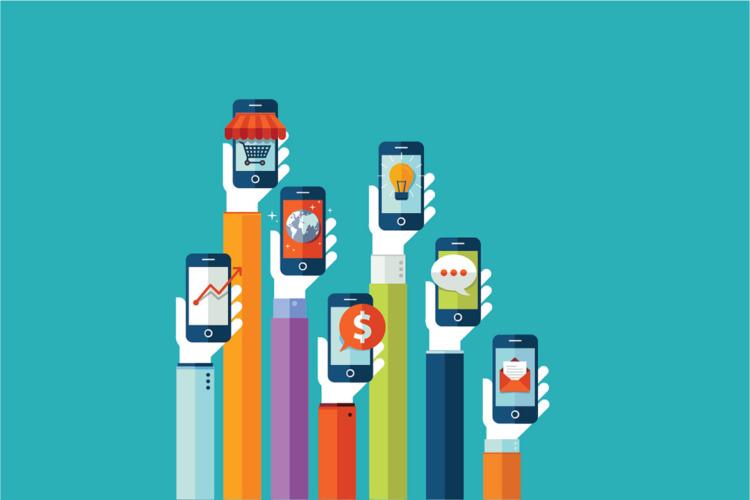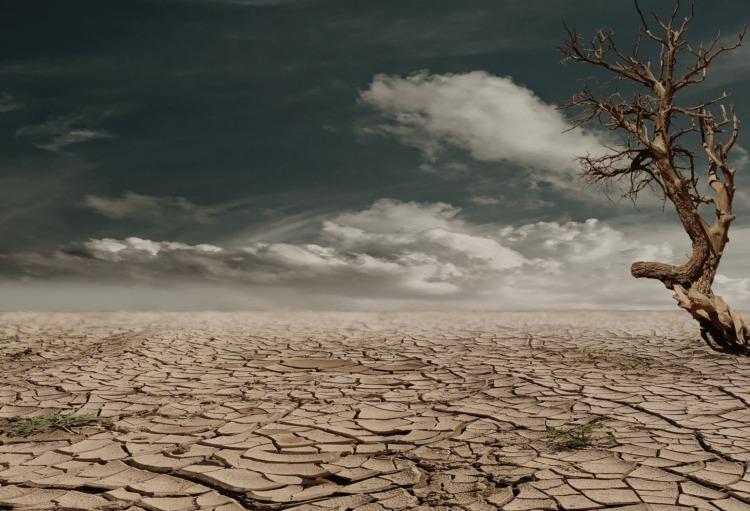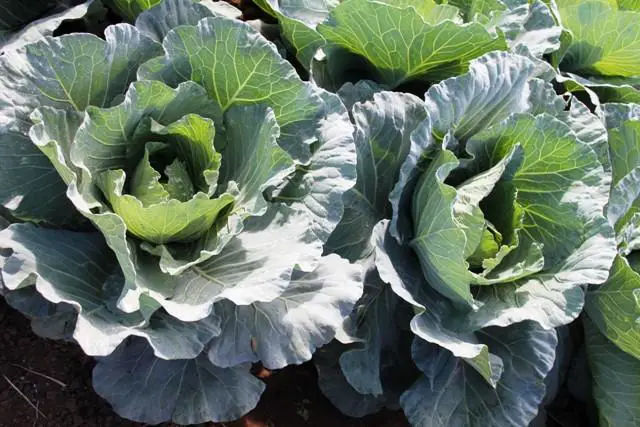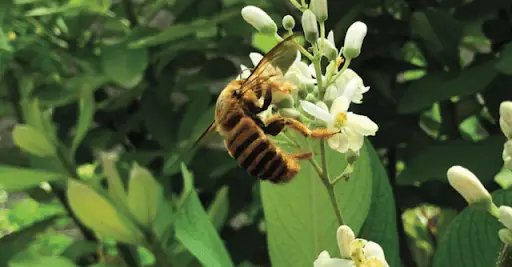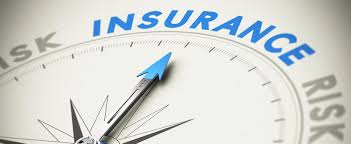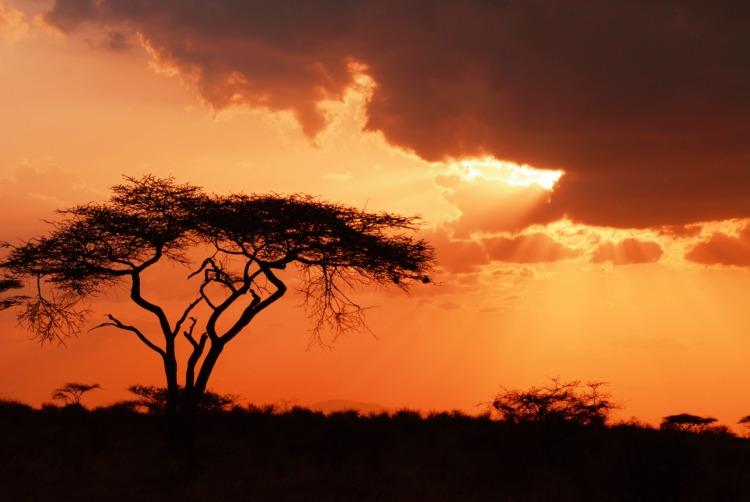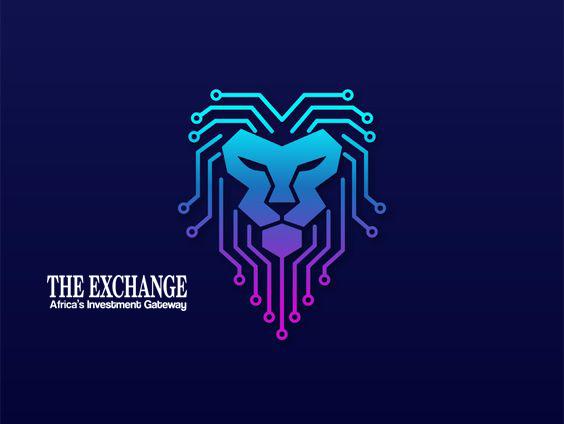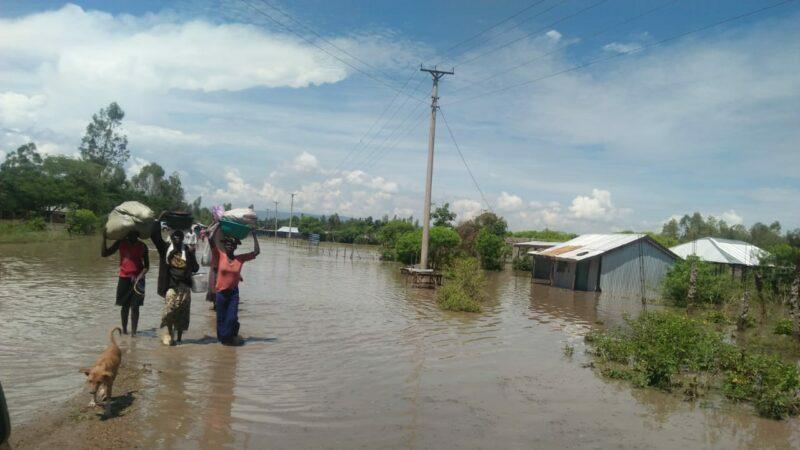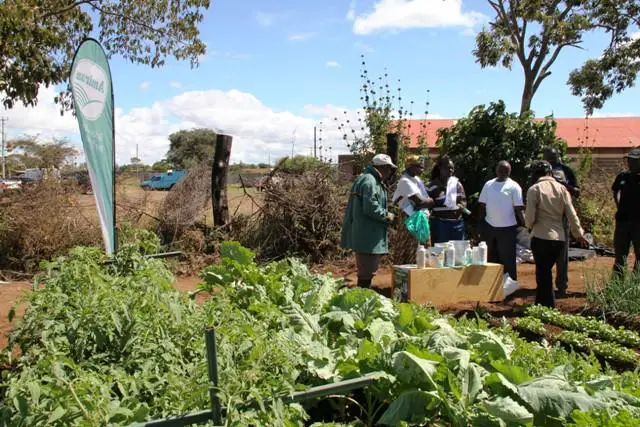- d.light’s 600,000 cookstoves project verified as top source of quality carbon credits
- Artificial intelligence (AI) could create a turning point for financial inclusion in Africa
- AIM Congress 2024: Catalysing global investments with awards
- Kenya’s economic resurgence in 2024
- The most stressful cities to live in 2024 exposed
- Tech ventures can now apply for the Africa Tech Summit London Investment Showcase
- State of journalism survey 2024 shows media houses are lagging in AI adoption
- Forum sets the stage to unleash global potential for startups during AIM Congress 2024
Author: Opinion
Africa’s leading Mobile Network Operators (MNOs), MTN, Vodacom and Safaricom, have recently made bold plans to venture into the increasingly dynamic world of fintech. On 23rd June 2021, Safaricom launched its super app, which creates an ecosystem of mini-apps from the network operator as well as third-party apps that feed off the super app[1]. A month prior to this development, Safaricom, the leading MNO in Kenya announced plans to release an Application Protocol Interface (API) for the super app to enable third-party app developers to build more products and services on top of the super app[2]. This means the super app is going to be an app store that consolidates the reach of Safaricom.
In May, MTN also announced plans to become a tech platform to rival the likes of Apple and WeChat as part of their Ambition 2025 which is currently being implemented[3]…
Five years ago, 197 governments promised to limit the impacts of climate change. Today, we are still very far from realizing that promise, as climate change impacts continue unabated. No continent has more to lose from this inaction than Africa, from worsening health outcomes, the destruction of natural resources, landscapes, and biodiversity, to significant economic losses at the macro and micro levels. This is further compounded by weak policies and regulatory frameworks not suited to support nationally determined contributions (NDCs) to reduce CO2 emissions and adapt to climate change, as well as limited funding available to implement critical programs and projects.
Green finance has become more mainstream in recent years, with the emergence of the global green bond market that could be worth $2.36 trillion by 2023. However, only $2 billion worth of green bonds had been issued in Africa by Q4 of 2019, representing 17 issuances. Risk mitigation …
Africa remains one of the most vulnerable regions in regard to food security, and is under great pressure to solve the increasing need for food due to an explosive population growth. Despite that, one out of four undernourished people globally is coming from Africa. Sub-Saharan Africa (SSA) is paying the highest price for fertilizers in the world. The costs of fertilizers in SSA are roughly four times higher than in Europe, and the food security of African nations is greatly dependent on imported fertilizers. Even more concerning, the global price of fertilizers has been increasing during the crisis, such as the global food crisis affecting Africa – and even during the pandemic. How is it possible that the world’s most expensive fertilizers are sold in Sub-Saharan Africa, while the continent is suffering to feed her people? What needs to change?
No local production of fertilizers
The mineral fertilizer industry is …
It is hard to remember any decision that has ever harmed Kenya as much as the recommendation now before parliament that it adopts the European Union’s (EU) policies on agricultural inputs and phase them out. In fact, as the latest and most disastrous move yet by health policy-makers to take over the country’s agricultural policy, it is an overreach where ignorance could cost us 20 per cent of our entire GDP, as well as countless lives.
Also read: East African Trends: A focus on East Africa’s agribusiness investments
For there is nothing about the recommendation from the Parliamentary Health Committee to indicate it has examined the policies it wants introduced, or understood them, or assessed the impact on Kenya. Nor has it mentioned why the rest of the world – including Kenya itself – has moved into WTO disputes seeking the overturning of the very same policies, or why the …
Digitization refers to creating a digital representation of physical objects like saving a paper document into a digital document in a format like PDF. Computerized systems can then use it in various cases. Digitization is foundational meaning it is the connection between the physical world and software.
One of the most important features of digitization is cost cutting. Most insurers have recognized the necessary change towards a digital future by digitizing their processes like taking out new policies and managing existing ones, giving out quotations, submitting bills and reporting of car accidents. These are processes that can now be done online. These cut costs because the physical presence of someone is not required and that one person can serve different people at the same time.
Digitizing the insurance industry makes it easier for customers to access information and enables simple comparisons between providers. It also accelerates closing processes of sales …
I am by nature an optimist. A long and challenging life has tempered that optimism with a large dose of realism but I am definitely a “glass half-full” kind of man. As a regular contributor to The Exchange I don’t really want to blame another contributor for tipping me over the edge into downright pessimism but, having read the excellent piece by Eric Kimunguyi entitled, “Europe taking on the world to lock out agriculture” I am not of good heart. In fact, I cannot remember a time when I have been less optimistic about the financial future of the world economy.
The world financial system is even sicker than the world’s population. The Covid-19 pandemic is still having devastating effects on human health and wealth around the world – some 18 months after it first appeared. The world’s leading economies are broken and are still printing money to subsidise their …
On the eve of World Environment Day, the topic of climate change has become a major subject matter for the developed world and the developing world. Africa is by far one of the lushest continents being ripe for vegetation and the key enabler to save the planet. The UN Sustainable Development Goals seeks to promote sustainability via a global collective. In light of that, the Billion Tree Initiative is a new commitment by Synergetic Trees and one that is headed by its founder Dr. Bahadur Bahadur to drive global sustainability.
“Twenty-five years ago, people could be excused for not knowing much, or doing much, about climate change. Today we have no excuse.” – Desmond Tutu
Accordingly to Dr. Bahadur, CEO of Synergetic Trees (ST) is a global network of teams focused on carbon sequestration by planting and caring for trees in the long term. Carbon sequestration is any process …
I ended my May 2021 essay with the hypothesis “…leading fintechs might turn around and start acquiring the banks” and, sure enough, on the 12th of May 2021, the Competition Authority of Kenya in a gazette notice approved the acquisition of 84.89% stake in Century Microfinance Bank by Branch International Limited – a leading global fintech with operations in Kenya[1]. One of the signs of a maturing ecosystem is home grown ventures mature into unicorns[2], gazelles and zebras[3], increased mergers and acquisitions[4] and the entry of global tech giants hungry for a piece of the action – the subject of this essay. So, whilst the Branch acquisition was unexpected, it was unsurprising when Twitter announced on 14th April 2021 that they are setting up their Africa HQ in Ghana[5]. On the very same day Amazon announced an investment of …
Has Africa stumbled upon an environmental apocalypse? The numerous natural disasters that have descended upon the continent hitherto—from the plague of desert locusts that have ambushed the Horn of Africa, tropical storms, floods across Eastern and Central Africa, severe droughts and heat waves to massive cyclones whose devastating effects are still felt across Southern Africa. The aftermath is a trail of death and destruction, threatening to erode hard-won development that most African countries have struggled to achieve, inflicting cascading economic consequences. Loss of lives, displacement of people, sources of income compromised, destruction of infrastructure and numerous development projects have been the ill-fated victims across the continent and have succumbed, in the wake of these natural disasters, to such events that have all stemmed from climate change. …
In the months surrounding the birth of our own republic, from 1961 to 1963, a crucial, international organisation was also being born, to assure food safety across the globe.
As a partnership between the Food and Agriculture Organisation of the United Nations and the World Health Organisation, the Codex Alimentarius Commission produces the Codex Alimentarius, which is Latin for the ‘Book of Food’. It contains internationally recognised guidelines, standards, codes of practice and recommendations on food safety, with just two goals: to ensure the health of consumers and fair trade in food.
Yet, today, both are under threat.
Over the 60 years since the Codex was launched, the commission has been led by the world’s top scientists, drawing on every global study to set food safety standards that include assessing pesticides for their impact on human health. To do that, Codex sets Maximum…





